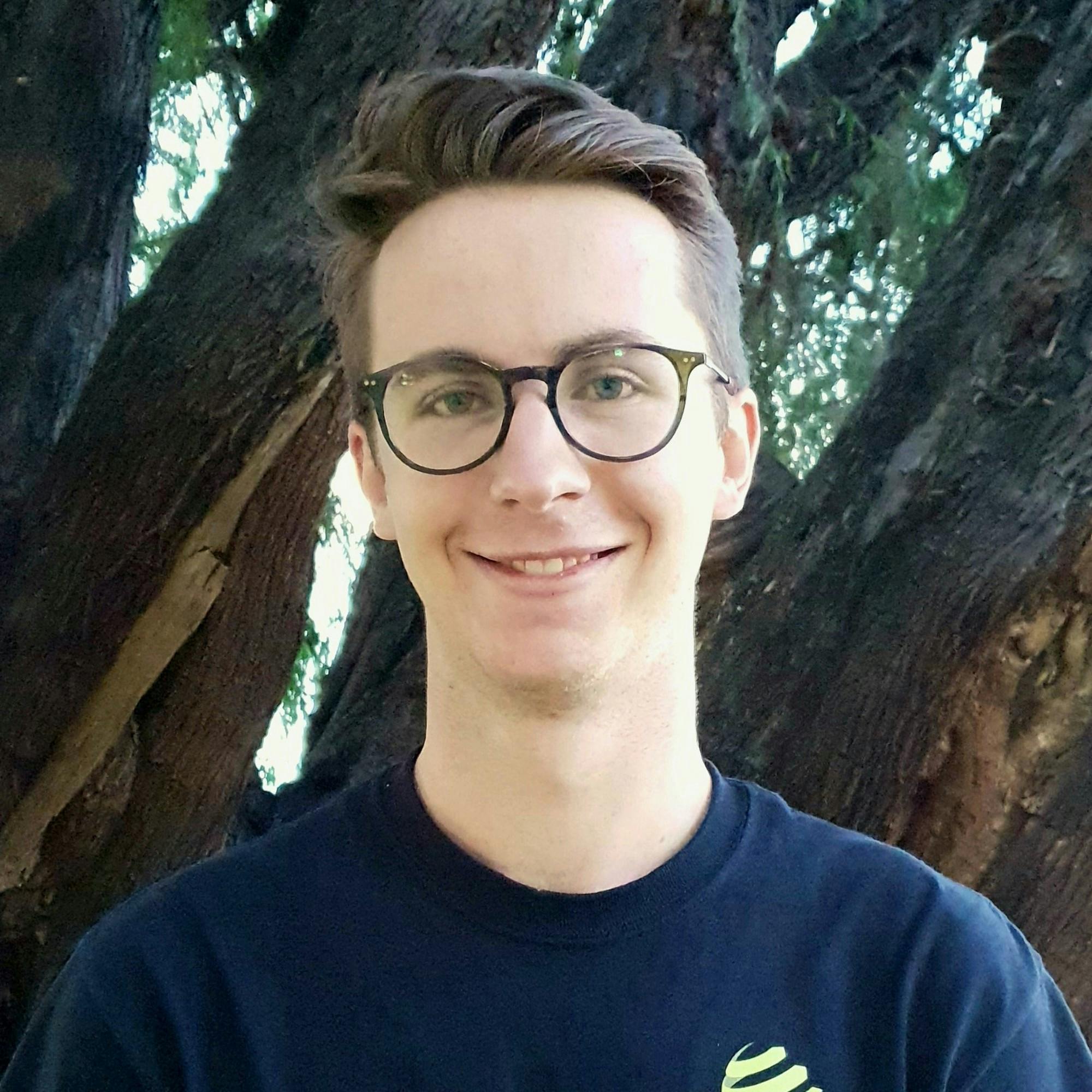Most university students would be feeling nervous if asked to present to the Public Sector Commission executive committee including Commissioner Sharyn O’Neill – but Oskar Zalstrovs simply took it in his stride.
The University of WA graduate recently completed his McCusker Centre for Citizenship internship in the Public Sector Commission’s Data Analytics and Reporting team.
During the 100-hour internship, Mr Zalstrovs assisted in designing a dashboard to report on diversity across the Public Sector.
The 23-year old compiled data on employment within Public Sector employees, specifically looking at Aboriginal Australians, culturally-diverse backgrounds, women in senior executive positions, youth, and people with disabilities.
“When people look at the numbers it’s just a huge spreadsheet,” he explained.
“They really needed the dashboard which sets out clearly current levels of diversity and improvements that can be made.
“The dashboard that I have created does that. You can see the current representation rates, how they have been performing over time, how an agency performs compared to all the other agencies and then also the quality of the data. Finally, I am using an equity index score that looks at what level a particular diversity group is represented within the organisation.”
The self-confessed “Excel nerd” said he worked on the dashboard right up to the 99th hour of his internship.
“I finished it with one hour to go, because we dedicated the last hour of my internship to present it to the Public Sector Commissioner and executive committee,” he said.
“Everyone was really interested and very happy with the final result.
The St Thomas More College resident said his dashboard helped identify biases that we may all have.
“I have always had the mindset that ‘Oh, you should just hire the best person for the job’,” he said.
“But going in with that mindset sort of blinds you … you have a familiarity bias and you don’t appreciate that diversity in the group enhances performance.
Mr Zalstrovs said it was “really eye-opening” to learn that meeting representation rates would be a competitive advantage to the public sector.
“While you may have two people who may be equally qualified for a role, if you are under-represented in a diversity group which they might represent, they actually are an advantage to the organisation because of the diversity of thought and experience that they bring,” he said.
“This also helped me reflect on my position of privilege as a white male with a good upbringing and education.
“I am proud to have contributed to this project with the aim of the public sector to achieve community representation rates.”
Mr Zalstrovs, who grew up in Darlington, said the McCusker Centre for Citizenship brought “social impact into an internship”.
“Regardless of whether it’s in line with what you’re studying, any student would definitely take something away from the experience,” he said.
“That is a rewarding experience in itself; it helps raise your awareness of certain issues, and you’re able to make a meaningful impact in that space as well.”

